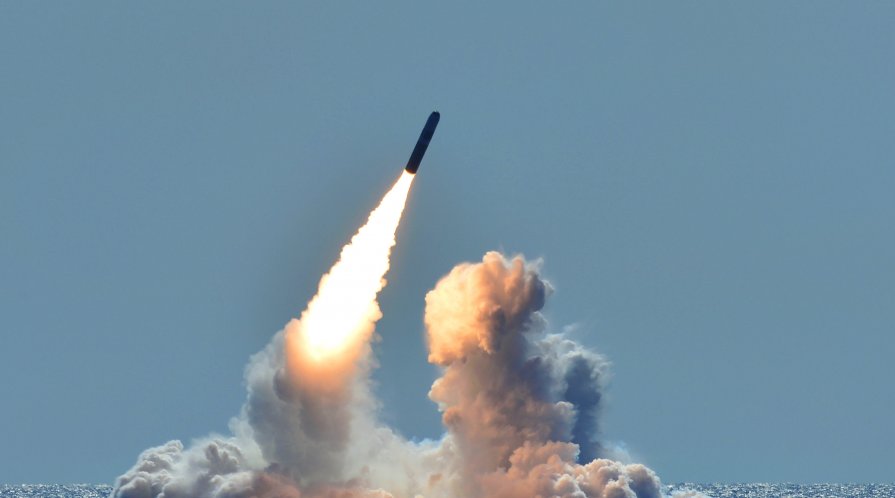
Dr. Nikolai Sokov
Senior Fellow
Vienna Center for Disarmament and Non-Proliferation
Below is an excerpt from a recent analysis by VCDNP Senior Fellow Dr. Nikolai Sokov. The full text of the analysis is available below.
The United States is captured by the debate over the upcoming Nuclear Posture Review, expected early next year, and especially over whether the Biden administration will adopt a no-first-use (NFU) or sole‑purpose (SP) policy. The former refers to a declaration that in, case of a conflict, nuclear weapons would only be used in response to nuclear use by the opponent. The latter means that nuclear weapons’ only mission is deterrence of the opponent’s nuclear weapons but not of other elements of its military power (especially conventional capability). This conflict is not new but appears stronger than ever before. At the moment, opponents of these policies in the United States – the military first and foremost – are on the offensive and seem poised to win this conflict (once again). Moreover, US allies are reportedly firmly against the adoption of either principle.
The conflict is primarily political – a decision in favor or against either or both policies cannot be made based on arguments about stability of deterrence or reducing/enhancing the likelihood of war. In essence, deterrence is about influencing the cost-benefit calculations of the opponent and it is difficult to argue conclusively whether one or another policy can achieve the desired effect. It is even more difficult in today’s world when there are two opponents , China and Russia. Ultimately, the outcome of the debate will be determined not so much by rational arguments, but rather by the relative political weight of the proponents and the opponents, by the degree of concentration of their interest, and by the impact that winning or losing the debate may have on other policies. For example, President Biden could make a decision in favor of NFU, SP or both against all odds, but that could deplete his political capital to the detriment of other goals he may have.
At the moment, it seems increasingly unlikely that the Nuclear Posture Review will feature both NFU and SP. Moreover, it might feature neither. Yet, it is always worth keeping in mind that NFU and SP are not the same policy. They differ, first and foremost by political and, to an extent, strategic implications. They are also inextricably linked to the prospects of arms control and the relationship of either policy is non-linear, perhaps even paradoxical. They each have a different balance of positive and negative consequences and, while we compare these, it is also useful to keep in mind that simple continuation of the present policy is not free of its own negative consequences. A close look suggests that SP has a better balance of positives and negatives than either NFU or the present policy, and as such it appears advisable to give it serious consideration.

